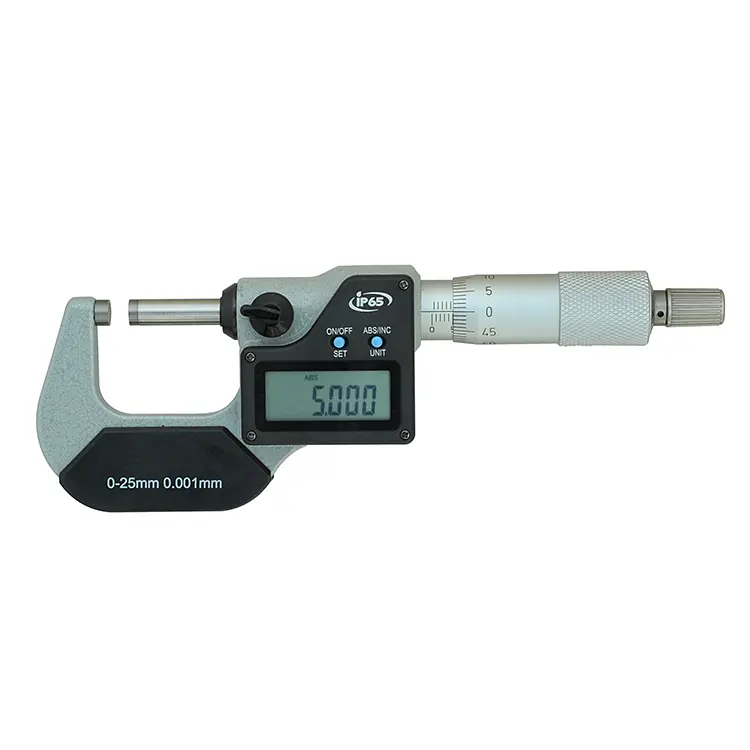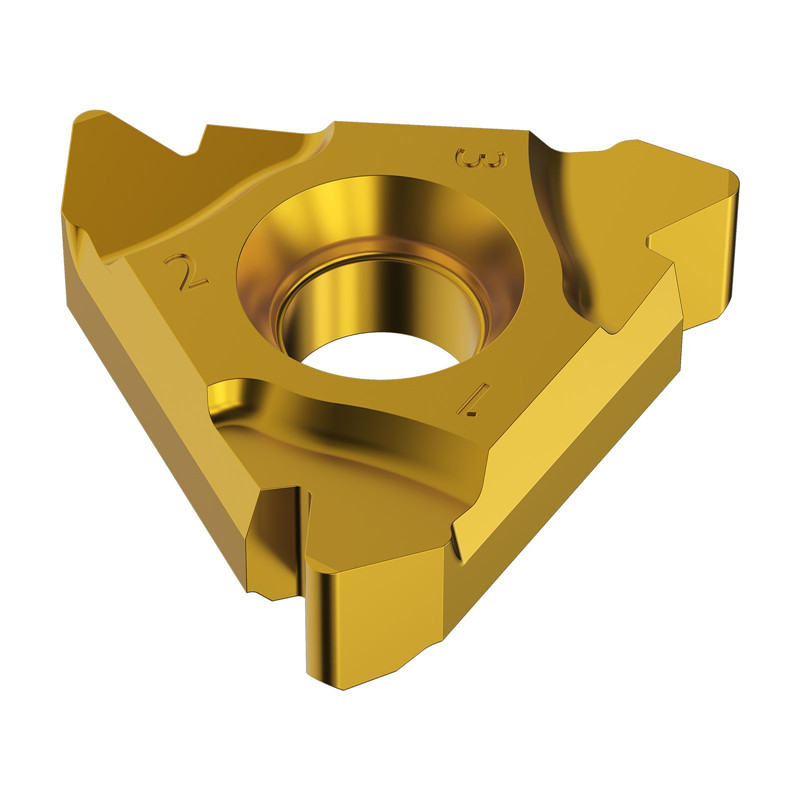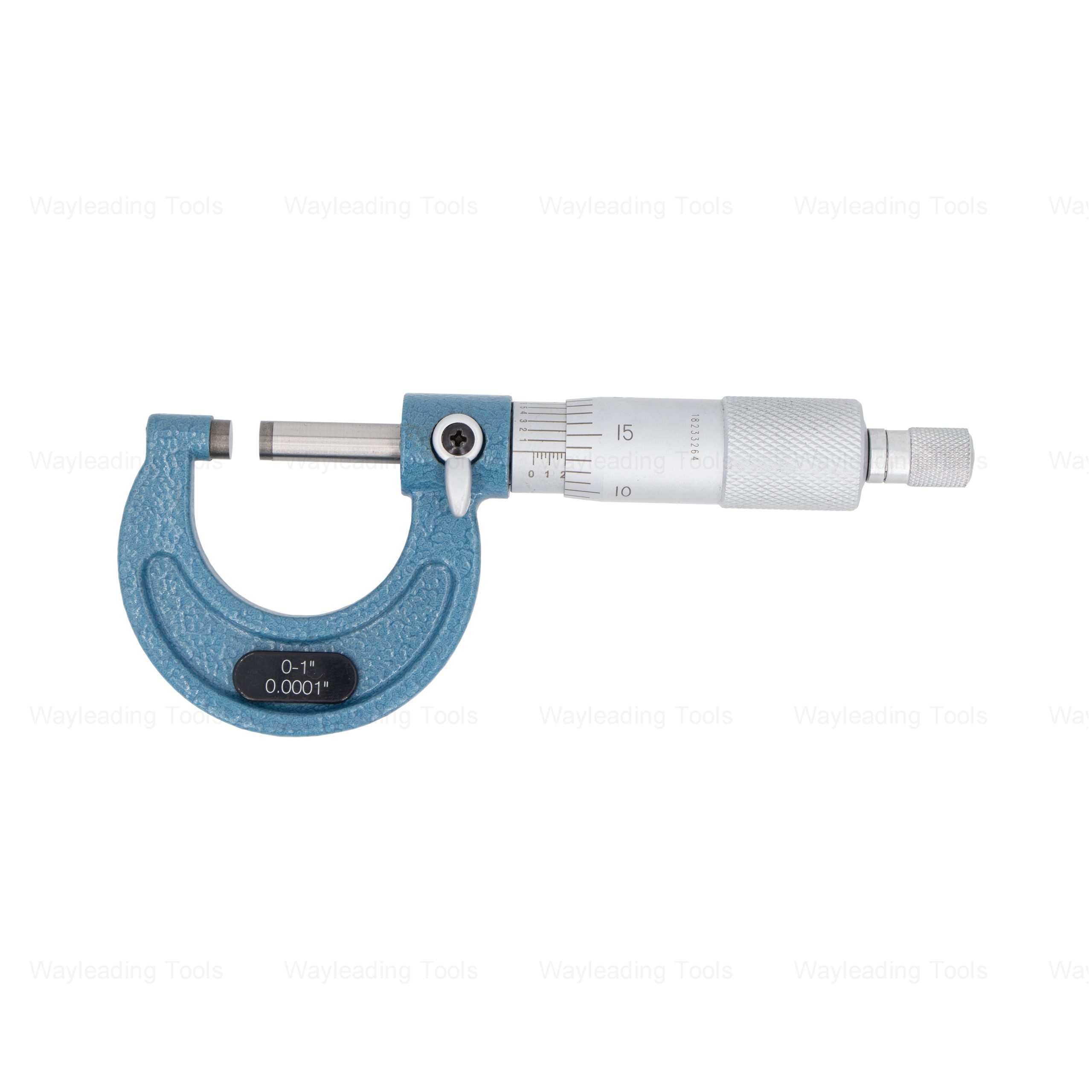radius gage Manufacturers
Finding reliable radius gage manufacturers can be challenging. This guide explores the key factors to consider when selecting a manufacturer, different types of radius gages, and where to find reputable suppliers for your specific needs. Learn about the materials, precision levels, and applications to ensure you choose the right gage for accurate measurement.
Understanding Radius Gages
What is a Radius Gage?
A radius gage, also known as a fillet gage or radius gauge, is a precision measuring instrument used to determine the radius of an object. They are commonly used in manufacturing, engineering, and quality control to ensure that curves and fillets meet specified dimensions. A set typically includes a series of leaves with different radii, allowing users to compare the gage to the curve being measured.
Types of Radius Gages
Radius gages come in various forms to suit different applications:
- Internal Radius Gages: Used to measure the radius of concave curves.
- External Radius Gages: Used to measure the radius of convex curves.
- Combination Radius Gages: Include both internal and external radius leaves in one set.
- Digital Radius Gages: Provide a digital readout for precise measurements.
Materials Used in Radius Gages
The quality of a radius gage depends on the material used in its construction. Common materials include:
- Stainless Steel: Offers excellent corrosion resistance and durability, making it ideal for harsh environments.
- Hardened Steel: Provides high strength and wear resistance, ensuring long-lasting accuracy.
- Tool Steel: Offers a balance of hardness and toughness for demanding applications.
Choosing the Right Radius Gage Manufacturer
Factors to Consider
Selecting a reliable radius gage manufacturer is crucial for ensuring the accuracy and reliability of your measurements. Here are some key factors to consider:
- Quality and Precision: Look for manufacturers that adhere to strict quality control standards and offer gages with high precision.
- Material Quality: Ensure that the manufacturer uses high-quality materials that are durable and resistant to wear and corrosion.
- Range of Sizes: Choose a manufacturer that offers a wide range of sizes and configurations to meet your specific needs.
- Customer Support: Opt for a manufacturer that provides excellent customer support and technical assistance.
- Reputation and Experience: Consider the manufacturer's reputation and experience in the industry. Look for manufacturers with a proven track record of delivering high-quality products.
- Certifications and Standards: Check if the manufacturer is certified to relevant industry standards, such as ISO 9001.
Top Radius Gage Manufacturers
While a comprehensive list is always evolving, several manufacturers are consistently recognized for quality and reliability. These include:
- Starrett: Known for their high-precision measuring tools and gages.
- Mitutoyo: A global leader in metrology equipment, offering a wide range of radius gages.
- Fowler High Precision: Provides a variety of measuring instruments, including radius gages with digital and analog options.
- SPI (Swiss Precision Instruments): Offers precision measuring tools at competitive prices.
- Wayleading Tools: Wayleading Tools specializes in providing high-quality precision measuring tools including various types of radius gages, and is known for competitive pricing and excellent customer service. Visit www.wayleading.com to learn more.
Applications of Radius Gages
Common Uses in Manufacturing and Engineering
Radius gages are used in a wide range of applications, including:
- Tool and Die Making: Ensuring the correct radii on cutting tools and dies.
- Metalworking: Measuring the radius of bends, curves, and fillets on metal parts.
- Automotive Manufacturing: Verifying the radius of components in vehicle engines and bodies.
- Aerospace Industry: Inspecting the radius of critical parts in aircraft engines and structures.
- Quality Control: Ensuring that manufactured parts meet specified radius dimensions.
Examples of Radius Gage Applications
Consider these practical examples:
- A machinist uses a radius gage to check the radius of a cutting tool before machining a part.
- An automotive engineer uses a radius gage to verify the radius of a fillet on an engine component.
- A quality control inspector uses a radius gage to ensure that a manufactured part meets specified radius dimensions.
Maintaining and Calibrating Radius Gages
Proper Care and Handling
To ensure the accuracy and longevity of your radius gages, proper care and handling are essential. Here are some tips:
- Cleanliness: Keep your gages clean and free from dirt, debris, and contaminants.
- Storage: Store your gages in a protective case or cabinet to prevent damage and corrosion.
- Handling: Avoid dropping or mishandling your gages, as this can damage their accuracy.
- Regular Inspection: Inspect your gages regularly for signs of wear, damage, or corrosion.
Calibration and Accuracy
Regular calibration is essential for maintaining the accuracy of your radius gages. Calibration should be performed by a qualified metrology lab or calibration service. The frequency of calibration depends on the usage and criticality of the measurements.
Here's a simple table outlining the typical calibration frequency:
| Usage Frequency | Calibration Frequency |
|---|---|
| High (Daily) | Every 3 Months |
| Medium (Weekly) | Every 6 Months |
| Low (Monthly) | Every 12 Months |
Conclusion
Selecting the right radius gage manufacturer is critical for ensuring accurate measurements and consistent quality. By considering the factors outlined in this guide, you can make an informed decision and choose a manufacturer that meets your specific needs. Remember to prioritize quality, precision, customer support, and industry experience. Investing in high-quality radius gages will ultimately improve the accuracy and efficiency of your manufacturing and engineering processes.
Related products
Related products
Best selling products
Best selling products-
 Precision 10pcs & 12pcs Angle Blocks Set With High Quality Type
Precision 10pcs & 12pcs Angle Blocks Set With High Quality Type -
 Precision V Block And Clamps Set With Heavy Duty
Precision V Block And Clamps Set With Heavy Duty -
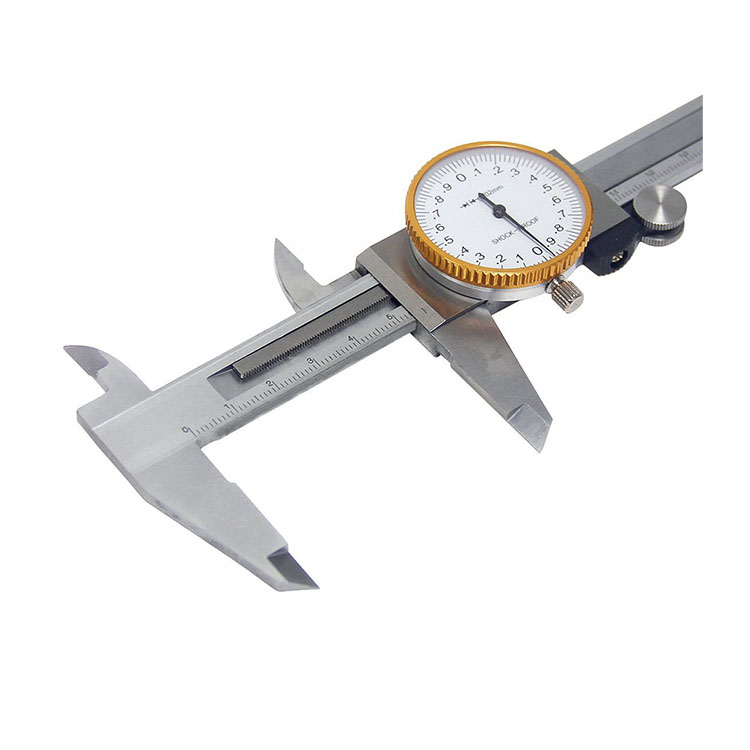 Precision Dial Caliper Of Metric & Imperial For Industrial
Precision Dial Caliper Of Metric & Imperial For Industrial -
 Dead Center For Morse Taper Shank
Dead Center For Morse Taper Shank -
 Type B Cylinder Tungsten Carbide Rotary Burr
Type B Cylinder Tungsten Carbide Rotary Burr -
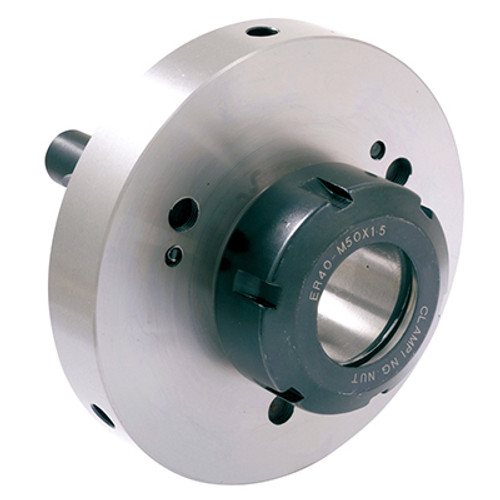 Camlock ER Collet Fixture With Lathe Collet Chuck
Camlock ER Collet Fixture With Lathe Collet Chuck -
 Precision Straight Shank To Morse Taper Adapter
Precision Straight Shank To Morse Taper Adapter -
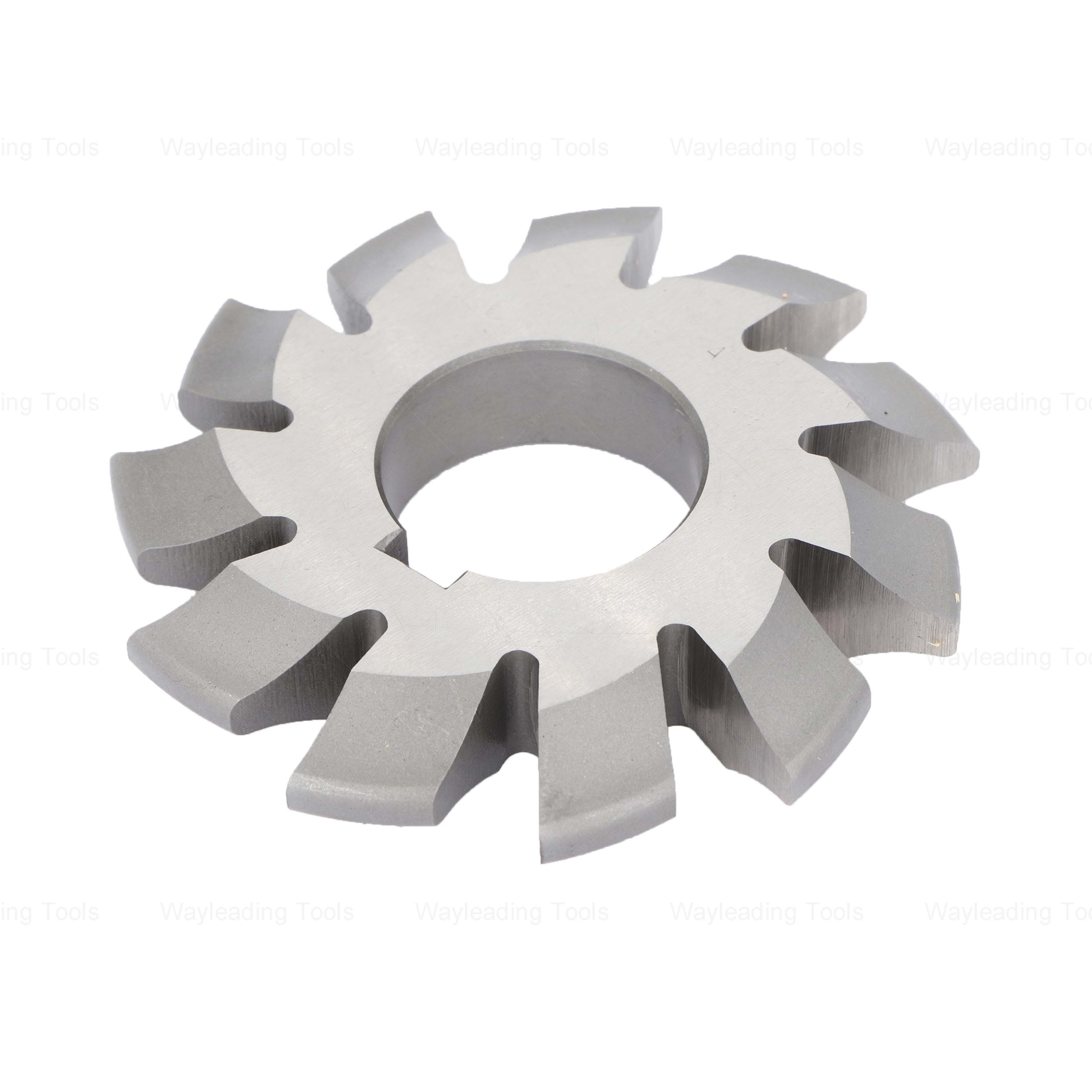 HSS Involute Gear Cutters – Module Type, PA 20° / 14.5°
HSS Involute Gear Cutters – Module Type, PA 20° / 14.5° -
 Precision V Block Set With High Quality Type
Precision V Block Set With High Quality Type -
 HSS Inch Screw Slotting Saws For Industrial With Bright Or TiN Coated
HSS Inch Screw Slotting Saws For Industrial With Bright Or TiN Coated -
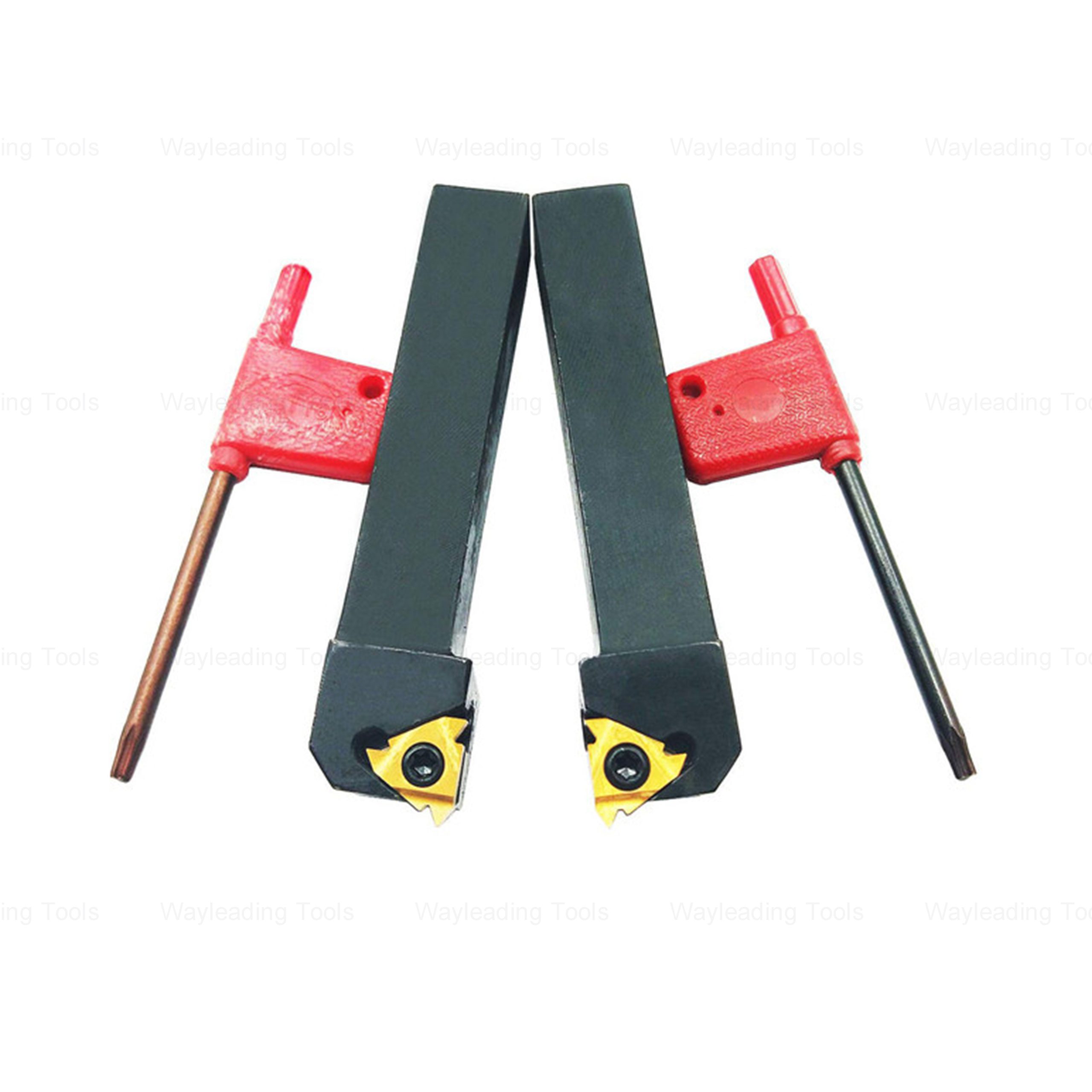 Indexable External Threading Tool Holder – SER / SEL, Metric & Inch
Indexable External Threading Tool Holder – SER / SEL, Metric & Inch -
 DIN333A HSS Center Drills With Milled & Fully Ground Flute
DIN333A HSS Center Drills With Milled & Fully Ground Flute




